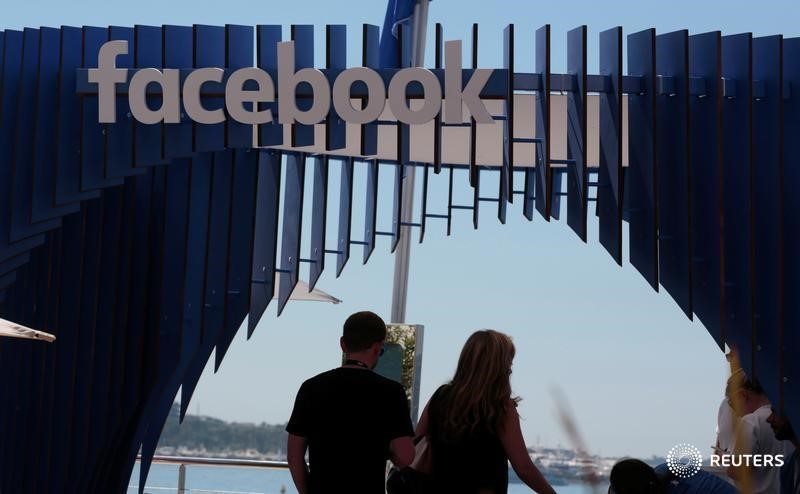This post was originally published on this site

WASHINGTON (Reuters) – Former Facebook (NASDAQ:FB) employee and whistleblower Frances Haugen will tell Congress Tuesday the company faces little oversight and will liken the social media giant to tobacco companies that for decades denied that smoking damaged health, according to testimony seen by Reuters.
“When we realized tobacco companies were hiding the harms it caused, the government took action. When we figured out cars were safer with seatbelts, the government took action,” said Haugen’s written testimony before a Senate Commerce subcommittee set for Tuesday. “I implore you to do the same here.”
Haugen will tell a Senate Commerce Committee panel that when Facebook executives had to choose between profits or user safety, profits won out.
“The company’s leadership knows ways to make Facebook and
Instagram safer and won’t make the necessary changes because they have put their immense profits before people. Congressional action is needed,” she will say, according to prepared testimony seen by Reuters. “As long as Facebook is operating in the dark, it is accountable to no one. And it will continue to make choices that go against the common good.”
Haugen, who worked as a product manager on Facebook’s civic misinformation team, appeared on Sunday on the CBS television program “60 Minutes,” revealing her identity as the whistleblower who provided the documents that underpinned a Wall Street Journal investigation and a Senate hearing on Instagram’s harm to teen girls.
Facebook did not immediately respond to a request for comment.
Haugen added that “Facebook’s closed design means it has no oversight — even from its own Oversight Board, which is as blind as the public.”
That makes it impossible for regulators to serve as a check, she added.
“This inability to see into the actual systems of Facebook and confirm that Facebook’s systems work like they say is like the Department of Transportation regulating cars by
watching them drive down the highway,” her written testimony says. “Imagine if no regulator could ride in a car,
pump up its wheels, crash test a car, or even know that seat belts could exist.”



